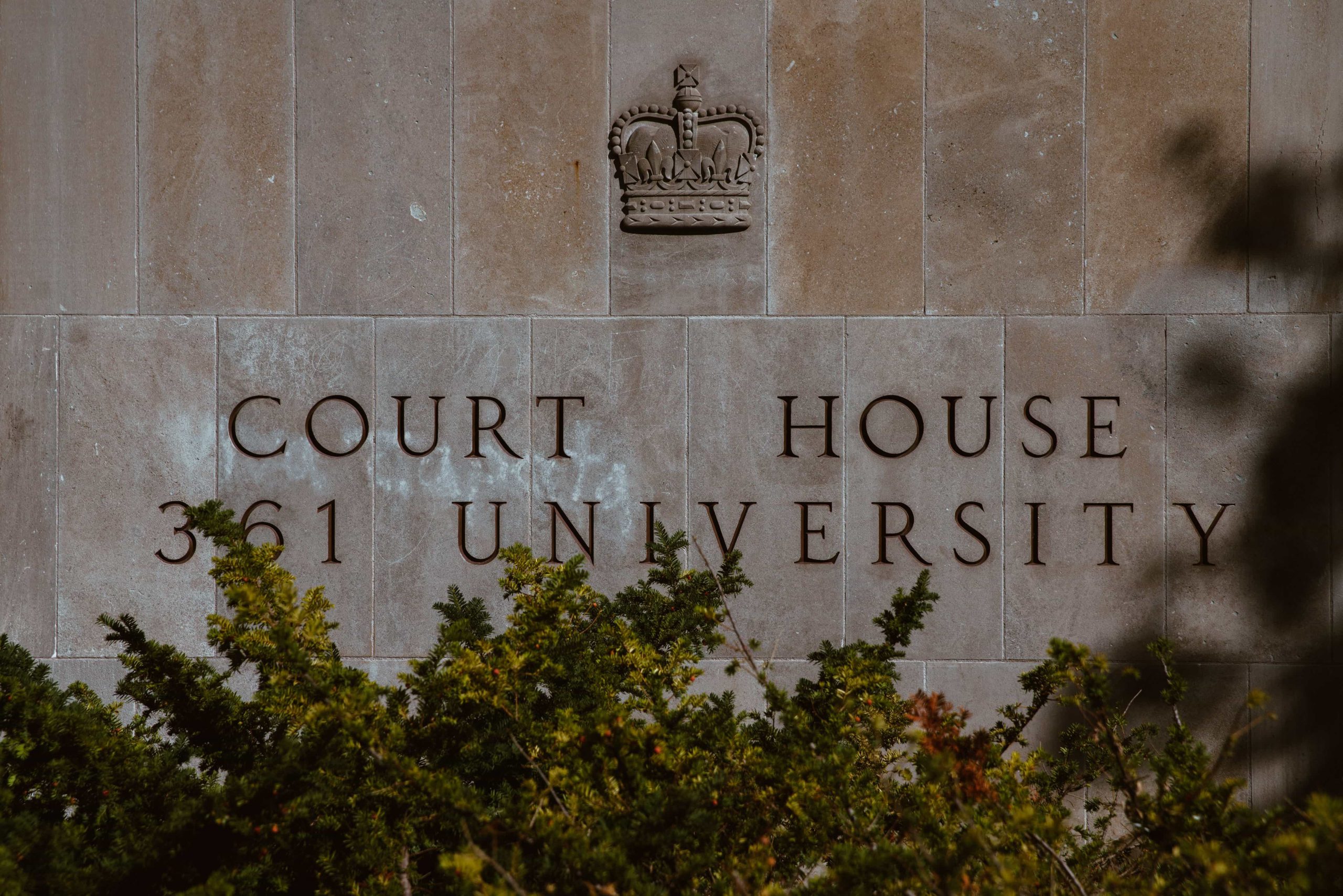We all know that Aboriginal offenders are grossly over-represented in the Canadian criminal justice system. R. v. Gladue was released by the Supreme Court of Canada almost 20 years ago. Every defence lawyer has, at one time or another, made Gladue submissions on a sentencing hearing. We have specialized courts. We have knowledgeable crowns and Judges who are well versed in this area. We have made strides.
Gladue Reports
In order to pay particular attention to the circumstances of aboriginal offenders during a sentencing proceeding we rely on Gladue reports, interviews with the offender and his or her family. We look for connections between systemic and institutionalized racism and the offending behaviour. We try to answer the question of how this particular individual got to where they are.
This is necessary and essential information. However, all too often, this is where we stop. This is not just a failure of defence lawyers, but of judges and native court workers as well.
Historical information is only the first half of the equation. Gladue instructs us to also consider the types of sentencing procedures and sanctions which may be appropriate in the circumstances for the offender because of his of her particular Aboriginal heritage or connection. It instructs us to look to the future.
R. v. MacIntyre-Syrette
In R. v. MacIntyre-Syrette the Ontario Court of Appeal recently found that it was an error for the trial judge to proceed to sentencing without input from the offenders community. The Court found that in order to sentence an Aboriginal offender the trial judge requires the following information:
- What band or community or reserve the offender comes from.
- Are there treatment facilities, justice committees, alternative measures or ccommunity-basedprograms in that community.
- If some kind of mediation is possible.
- Whether the cooperation of others, including the victims, would be required and whether that would be forthcoming.
- How alternatives to imprisonment would benefit the offender, promote reintegration into the community and whether they would deter crime
In Mr. MacIntyre-Syrette’s case the Court lacked any information from members of his community other than his family. While a Gladue report was prepared and contained recommendations, the recommendations did not specifically address reconciliation and healing within the community.
What Will this Mean Going Forward?
This judgment serves as a much-needed reminder to every participant in the justice system. Gladue is about far more than simple biographical information. It is about more than recognizing and accounting for how systemic racism and colonialism have got us here; as important as that factor is. Gladue is also forward-looking. It’s about healing and reconciling. For that, we need the help and guidance of the whole community.
At Hicks Adams our respected Toronto criminal defence lawyers are ready to defend your rights. As one of the largest criminal law firms in Canada, we have everything necessary to marshal a successful and strong defence on behalf of our clients. Call us at 416-975-1700 or contact us online to schedule a free consultation.


